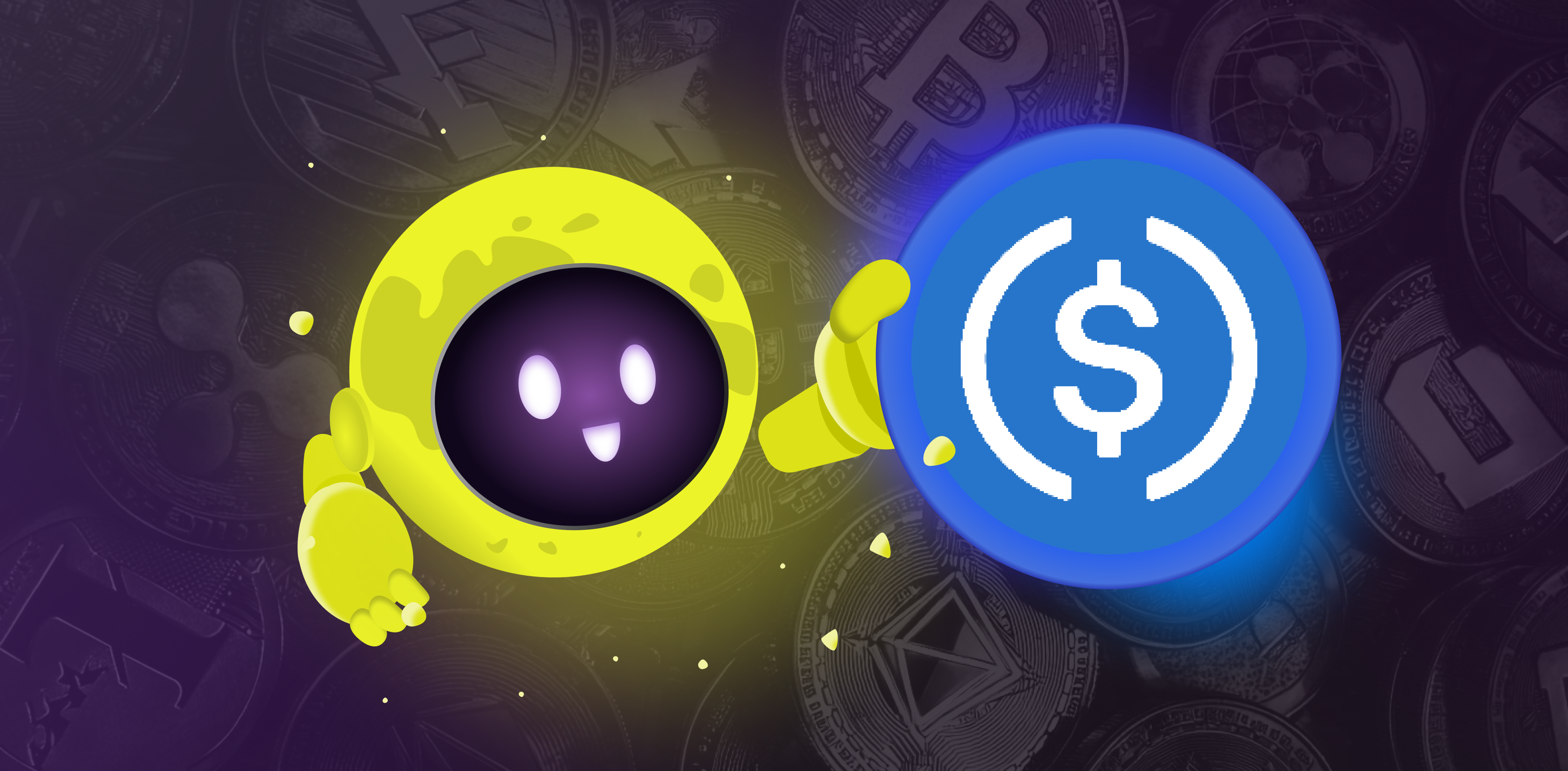
The world of cryptocurrency mainly operates on centralized exchanges, which manage accounts and funds of their users functioning as intermediary institutions. Many people are not willing to share their personal information and rely on exchanges’ security systems. That’s when DEXes join the game. Let’s dig a little deeper to understand what it is and how it works.
Decentralized exchange explained
Currently, all major popular cryptocurrency exchanges, Coinbase, for example, are based on a centralized system. This means that they collect and store information about their users, and you should rely on their security system in order to keep your personal data and assets safe. To get away from this centralized institution, DEX was created. DEX is an innovative type of exchange platform that allows people to make transactions without any mediators. They can place orders and find each other, controlling everything on their own. To understand DEXs better, we will look into two concepts: custody and centralization. The custodial system means that if you buy cryptocurrency, it only appears in your account, but to own it you need to transfer it to your external wallet, which may result to be a difficult task if there are problems with the exchange. If you use a non-custodial system, all your assets go to your wallet and you can trade directly from it. And yet you may lose your assets if there are issues with the contract. As for centralization, it has to deal with the place where all the major stages of transactions happen, starting with order matching and ending with execution. Centralized exchanges have a special order book that logs all the orders and matches users. The transaction itself is held by the exchange software and servers. Decentralized exchanges work on a network of computers, they can either operate directly using smart contracts, or they can use relayers (second-layer networks). Now let’s consider the advantages and disadvantages of DEXs.
Benefits of decentralized exchanges
One of the main advantages of decentralized cryptocurrency exchange is anonymity. To join a decentralized exchange, you only need to use your public address, while centralized exchanges require a huge amount of data from their users. Another advantage is control: one can control their funds on their own and be responsible for their security. Moreover, due to decentralization DEXes are more difficult to hack. This leads to another benefit – less probability of a DEX having serious technical issues. Some nodes may go down, but the whole system will keep functioning.
Any drawbacks?
Since DEXes operate on a whole network of computers, it’s much more complicated to develop and implement. Entering a centralized exchange is quite an easy thing to do, while creating a DEX account involves connecting to a decentralized app (DApp) or in some cases installing a DEX client. Besides, in comparison with centralized exchanges, a DEX offers a simpler range of trading tools, which usually include only buying and selling. Moreover, the liquidity of such exchanges is really low, as only one percent of trading volume occurs on DEXes. Processing speed and fairness of trade are also important issues to mention. For now, even the best decentralized exchange takes a long time to process or cancel transactions, which results in price slipping. Apart from that, DEXes unintentionally make room for front-running, so you can’t be sure that no-one jumped ahead of you to buy coins. The main paradox of DEXes is the fact that some exchanges still hold custody of their users’ coins, some use order books or centralized networks of relayers. In this case are they really DEX and what’s their point?
Major DEXes
While the biggest part of trade volume is represented by centralized systems, there are still a few DEXes. IDEX and EtherDelta, for example, claim to be in the list of the most established DEXes. Both systems operate on Ethereum tokens. Binance DEX works with a great variety of coins, as well as 0x. There’s also Bancor Network that provides an automatic price determination and recalculation. Each DEX confronts its own issues that are yet to be solved. There’s a lot of controversy about the creation of a decentralized crypto exchange. Some people suppose it’s the only way to make trade fair and safe, while others believe that the only solution is to create a single centralized entity to govern all the transactions. There’s also a suggestion of creating a hybrid of centralized and decentralized exchanges combining their benefits. For now, it is unclear who’s right and who’s wrong but we’ll see what happens.




